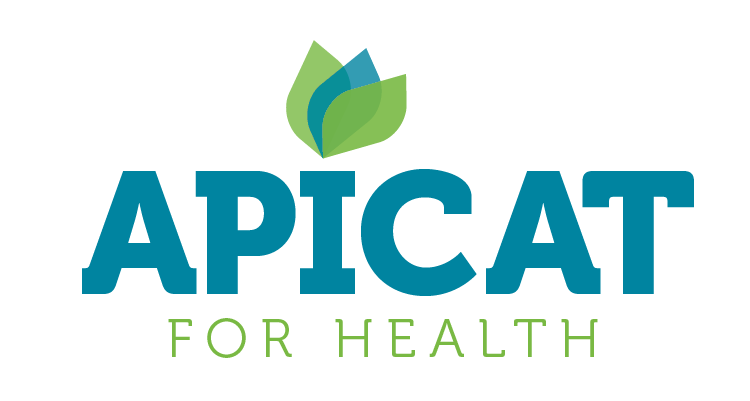ASSESSMENTS:
PDFs for each Assessment are available to download

APICAT conducted an assessment with AANHPI youth, ages 13 – 18, on their perceptions, knowledge, and attitudes toward marijuana and e-cigarette/vape devices. Also includes are questions about family environment and perceived challenges that teens face in their neighborhoods.
This assessment was conducted with eleven Korean American store owned businesses in King, Pierce, Kitsap, Thurston, and Grays Harbor counties, to assess Korean grocers who sell healthy options. In an effort to increase access to healthy food options in AANHPI communities, we can learn how Korean grocers can help through initial survey intakes followed by key information interviews.
APICAT worked with AANHPI youth to conduct the CANS survey to gauge the advertising and targeting of tobacco marketing. The neighborhoods were identified by the youth, including Seattle’s International District, Seattle’s Little Saigon neighborhood, and Tacoma’s Lincoln International District. These locations were the best fit to represent the communities of our youth participants. This project allowed the youth to analyze the tobacco prevalence in their neighborhoods and identify how their communities are being targeted.
In November-December 2013, APICAT conducted a community-based assessment to identify potential policy-focused health promotion strategies. Groups were conducted in King County with people from seven different Asian/Pacific Islander community cultures.
The purpose is to learn more about the issues AANHPI communities face around cardiovascular disease (CVD): whether this is a problem in your community, knowledge about heart disease, access to medical care, if the community is eating healthy foods and exercising regularly, and if people are smoking and interested in quitting smoking.
APICAT conducted the first of its CANS project in October 2010, working with AANHPI youth to create a photo voice project in Seattle’s Chinatown/International District. This project tracked the marketing of tobacco and alcohol products targeted toward the AANHPI community. This was a follow-up to a similar project conducted in the summer of 2008 in the same neighborhood.
APICAT surveyed knowledge and attitudes regarding second-hand smoking from community leaders who serve the AANHPI population in Washington State. The sample of community leaders were categorized into three broad groups: elected representatives, executive directors or program managers of organizations, and other community leaders.
In 2002, APICAT conducted a community capacity and readiness assessment for tobacco prevention and control in the AANHI community. With its coalition members, APICAT conducted key informant interviews in the Chinese, Korean, Cambodian, Filipino, Lao, Samoan, and Vietnamese community, in which five primary issues that affect tobacco prevention and control in the AANHPI community are identified.
